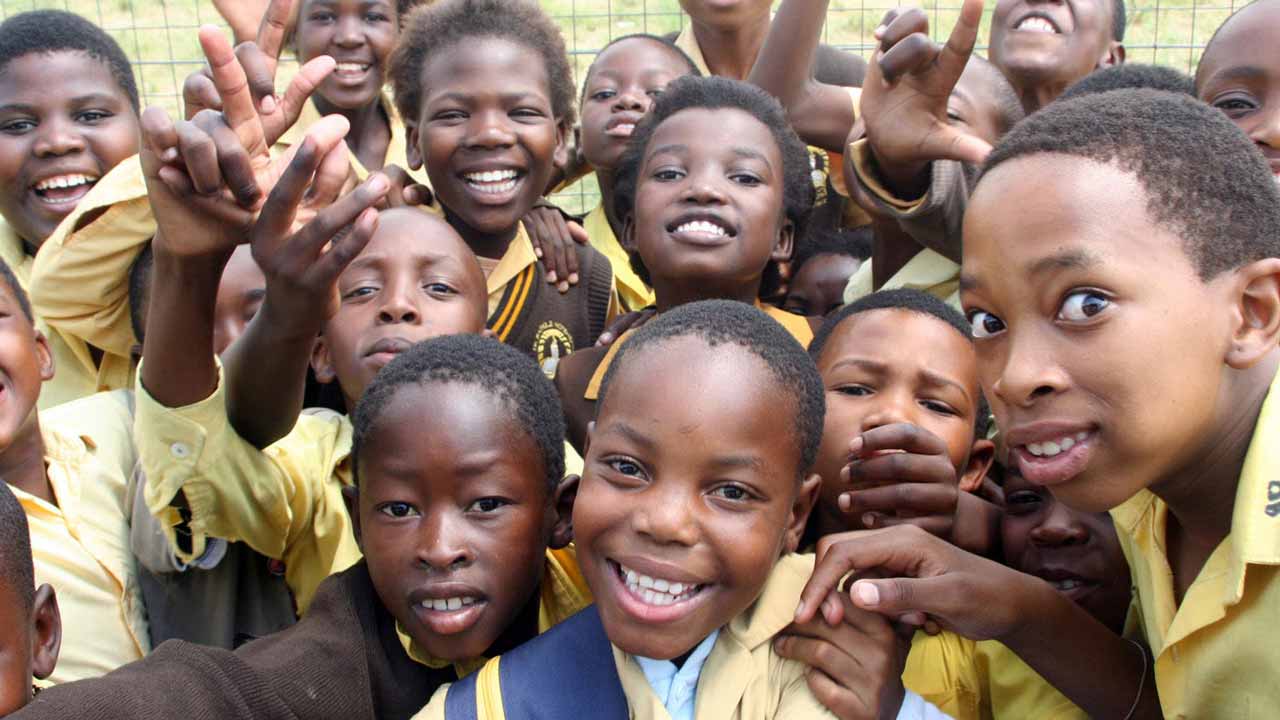 Develops new syllabus for Journalism, Mass Comm
Develops new syllabus for Journalism, Mass Comm
The Federal Government, with the support of United Nations Children’s Fund (UNICEF), has begun the process of introducing the Child Rights Act into the curricula of universities and polytechnics in the country.
Already, a new curriculum and manual for Journalism/Mass Communications, as well as instructors guide, have been developed to fill these gaps for polytechnics.
Meanwhile, the Nnamdi Azikiwe University (NAU), Awka has commenced the process of mainstreaming the child rights curriculum by electing the Child Rights Reporting Curriculum (CRRC) as a general studies course, making it compulsory for in-school mass communicators.
Speaking yesterday at a two-day Training of Trainers (TOT) on CRRC for university lecturers for onboarding the course, Child Rights Reporting for Mass Communication students and a general studies module of the curriculum in Universities and Polytechnics organised by the Child Rights Information Bureau (CRIB) of the Federal Ministry of Information and Culture, in collaboration with UNICEF, Chief of Field Office, UNICEF, Mrs. Juliet Chiluwe, noted that Nigeria’s Child Rights Act was assented to by President Olusegun Obasanjo in September 2003, and promulgated as the Child’s Rights Act 2003.
Chiluwe observed that UNICEF, since then, had continued to partner with the media, communication institutions and other development partners in diverse ways to promote child’s rights and mainstream it in all core areas of work for children.
She stated that communicating children’s rights is a challenge, adding that there are broad range of abuses against children emanating from ignorance of what constitutes child’s right, and the media has a critical role to play in ensuring a wider information spread on issues of child rights.
She said: “This great opportunity helps to broaden the scope of knowledge and exposure of the communication students and practitioners of Mass Communication by way of infusion of the Child Rights concerns, which are also topical concerns for human development.”
Chiluwe commended NAU for taking this first step to further mainstream child rights curriculum by electing the CRRC as a general studies course, making it compulsory for in-school mass communicators.
In his welcome address, Minister of Information and Culture, Lai Mohammed, noted that the new curriculum and manual for Journalism/Mass Communications as well as instructors guide had been developed to fill these gaps for polytechnics.
Represented by a Chief Information Officer in the ministry, Zira Nagga, the minister observed that the development would facilitate the movement of all journalists from the present level of child rights awareness to a certain degree of knowledge, thereby bringing about the needed paradigm shift in reporting children and expose them to the rights to survival, development, protection and participation.
Earlier, UNICEF Communications Specialist, Geoffrey Njoku, said the objective of the workshop was to equip the trainers of the journalism training institutions with the new curriculum for child rights reporting for polytechnics, and expose the trainers to the concept of four baskets of rights: survival, development, protection and participation



